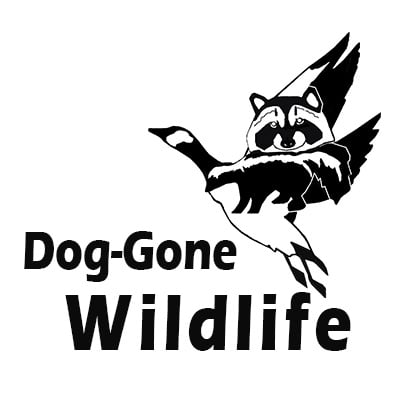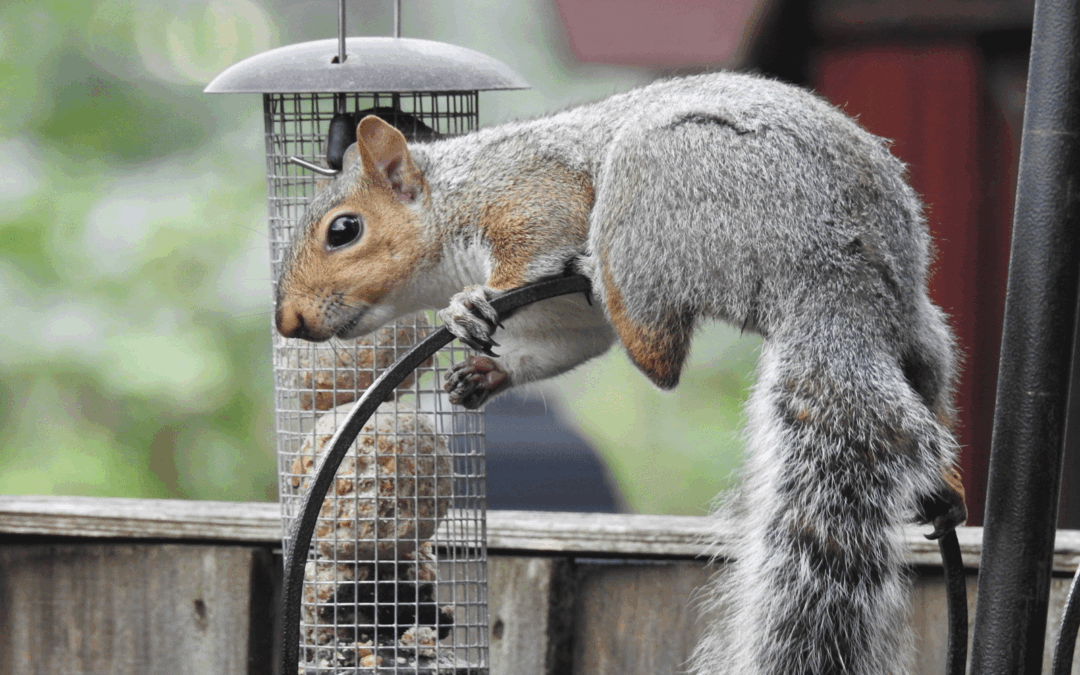Squirrels may seem like harmless backyard critters, but when they decide to move into your home, they can cause serious problems. Their constant chewing, scratching, and nesting can damage insulation, wiring, and woodwork, posing safety risks and leading to expensive repairs.
How Squirrels Get Inside Your Home
Squirrels are agile, determined, and surprisingly skilled at finding weaknesses in a building’s exterior. Here are the most common ways they make their way in:
Roof Vents and Fans
Squirrels often enter through roof or gable vents that are missing screens or have damaged coverings. These vents offer direct access to warm, sheltered attic spaces.
Soffits and Fascia Boards
Worn or rotted wood around the edges of your roof (soffits and fascia) provides easy entry. Squirrels only need a gap the size of a golf ball to squeeze through, and they can chew through wood, vinyl, or aluminum to widen the opening.
Chimneys
Open chimneys are another favorite route indoors. Squirrels may fall in accidentally or purposely nest inside if the flue isn’t capped.
Eaves and Roof Edges
Loose shingles or gaps in eaves can become entry points. Squirrels will exploit even the smallest weaknesses to gain access to your attic.
Dormers and Roof Intersections
Where different sections of your roof meet, like at dormers or valleys, there are often vulnerable seams that squirrels can pry open or chew through.
Crawl Spaces and Foundation Gaps
Though not as common, ground-level entry through foundation cracks or open crawl space vents can allow squirrels to nest in walls or lower-level areas.
What Attracts Squirrels to Your Attic?
- Warmth and Shelter: Attics are dry, insulated, and protected from predators, ideal for nesting, especially in colder months.
- Nest Building: Female squirrels often seek out attics in late winter and early spring to give birth.
- Food Access: If your home is near bird feeders, fruit trees, or unsecured trash, it may be more attractive to squirrels.
The Risks of Squirrels in Your Home
Once inside, squirrels can quickly cause trouble:
- Chewed Electrical Wires: A serious fire hazard.
- Ruined Insulation: Nesting and urine-soaked insulation loses effectiveness.
- Structural Damage: Chewing through wood and siding compromises the integrity of your home.
- Noise and Odor: Scratching, scampering, and unpleasant smells are common signs.
How to Keep Squirrels Out of Your Home
The best defense against a squirrel infestation is a proactive approach to securing your home. Here’s how:
Inspect Your Roof and Exterior Regularly
Look for gaps, holes, loose flashing, or any signs of chewing. Perform a seasonal check, especially in fall and early spring when squirrels are most active.
Install Heavy-Duty Vent Covers
Use galvanized steel mesh over roof and gable vents to prevent squirrels from squeezing in.
Seal Entry Points
Use squirrel-proof materials like metal flashing or hardware cloth to seal up holes and gaps. Avoid just patching with foam or caulk, squirrels can chew through those quickly.
Trim Tree Limbs and Vines
Squirrels often jump from overhanging branches onto your roof. Keep trees trimmed back at least 8–10 feet from your home.
Install Chimney Caps
A secure, properly fitted chimney cap can keep squirrels and other wildlife from getting in.
Eliminate Outdoor Food Sources
Remove bird feeders or use squirrel-proof models. Keep garbage tightly sealed, and don’t leave pet food outside.
Already Hearing Noises in the Attic? Call a Professional.
If you think squirrels may already be inside your home, don’t try to remove them yourself. DIY methods are often ineffective and may separate mothers from their babies, creating even more problems.
At Dog Gone Wildlife, we offer:
- 24/7 humane squirrel removal
- Thorough inspections to locate entry points and nests
- Exclusion and prevention services to stop squirrels from coming back
We proudly serve Columbus, Westerville, Powell, Upper Arlington, and surrounding Ohio communities with professional, ethical wildlife control.
Keep Squirrels Outside, Where They Belong
Squirrels are persistent, but with the right prevention measures and professional help, you can keep them from turning your attic into their next nesting site. Contact Dog Gone Wildlife today to schedule an inspection and let us help protect your home from costly wildlife damage.

